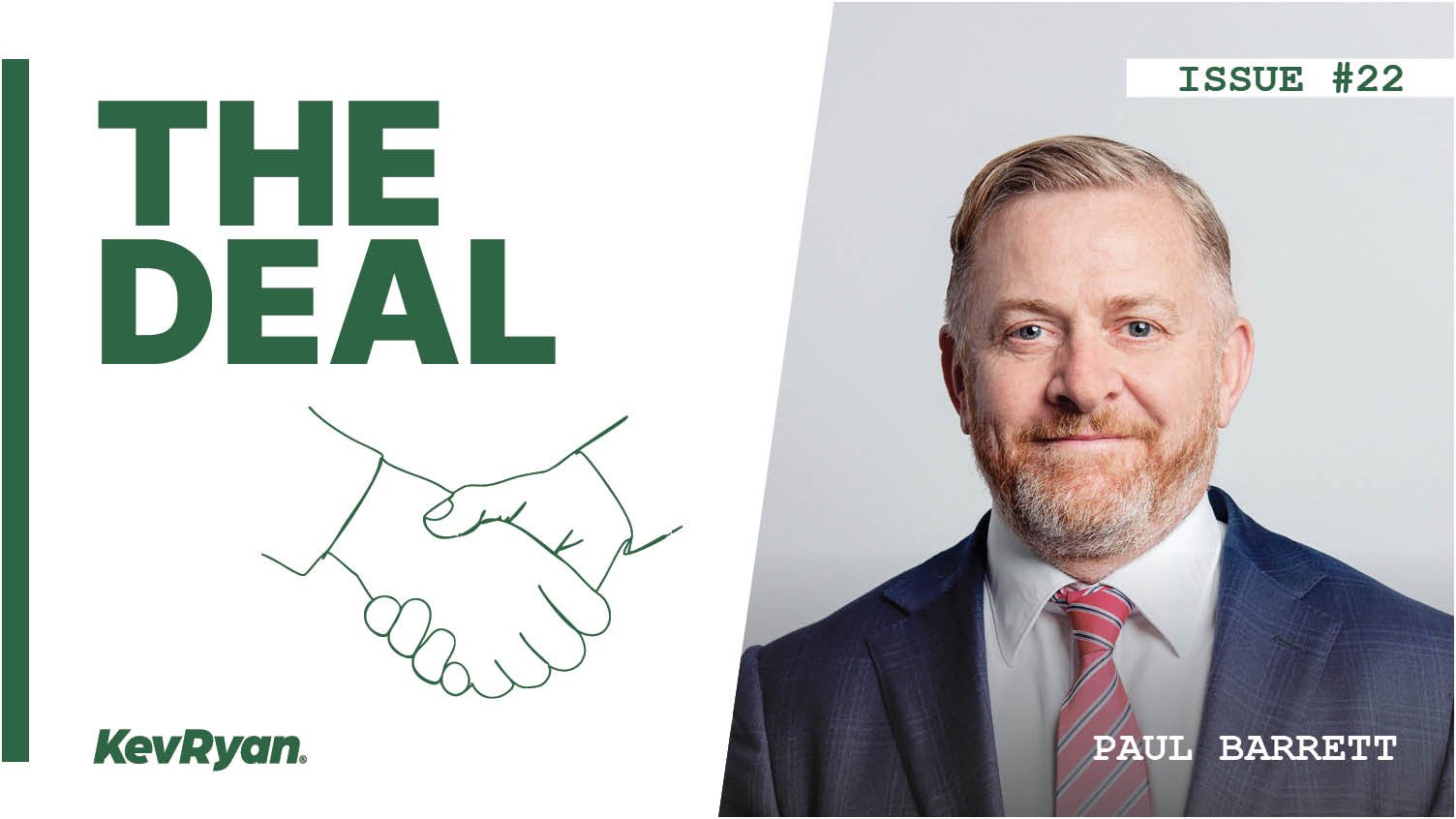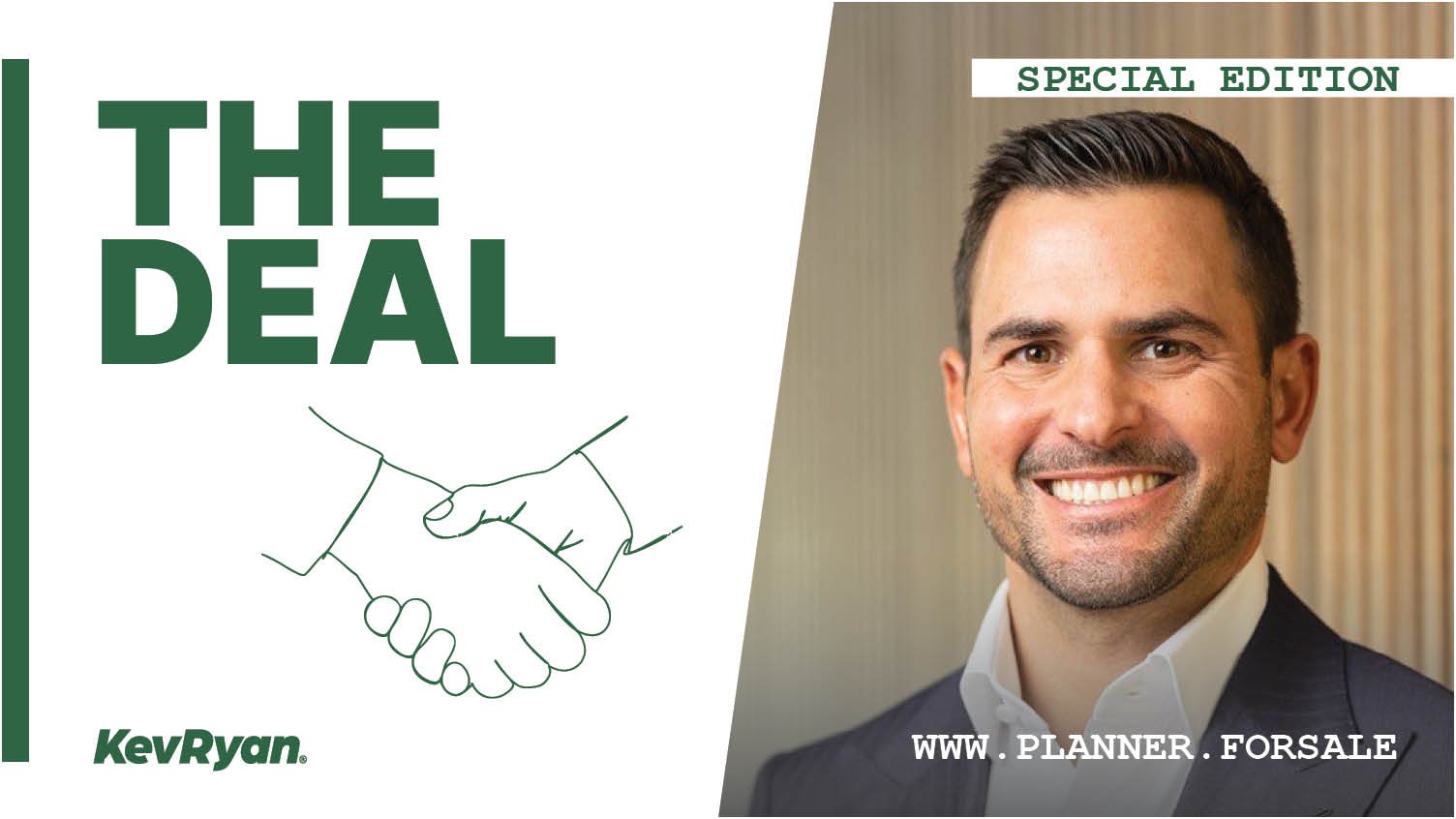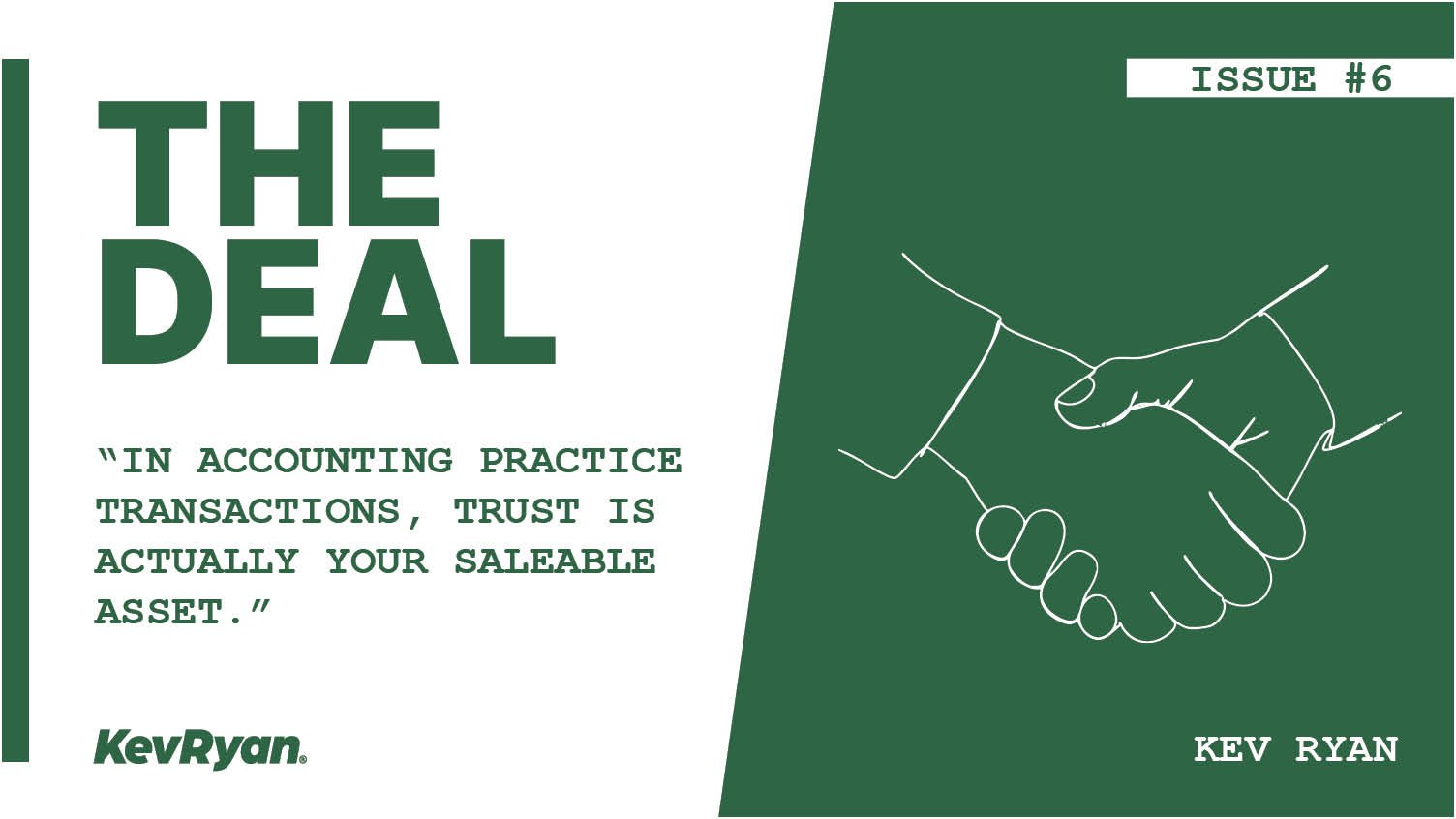Dealmaker or Dealbreaker? 5 tips to get the most from your M&A lawyer.

Special thanks to our guest contributor Katherine O'Brien of Sierra Legal
A lawyer’s role is to protect the legal interests of their client. Schooled in spotting problems, and often risk averse themselves, lawyers naturally seek to minimise risks to their clients.
But this means lawyers can sometimes protect their clients right out of profitable deals. They attempt to negotiate away all conceivable risk in a transaction, until it ultimately falls through. This is where lawyers’ reputation as ‘dealbreakers’ arises.
Lawyers are a necessary evil in M&A, required to document transactions and advise on legal issues. But despite their reputation, the right lawyer can be a valuable addition to the deal team. A commercially-minded lawyer realises that risk avoidance is not the primary objective of every transaction. They understand that even good deals have unknowns, perils, and vulnerabilities. The key is to keep them in perspective and manage them in a way that adds value. This type of lawyer is a “dealmaker”.
So if you’re buying or selling a business, how do you ensure your lawyer is a ‘dealmaker’ and not a ‘dealbreaker’? Here are 5 tips for managing your M&A lawyer to ensure you get the most out of them:
1. Choose the right lawyer – like so many areas of the law, M&A is a specialist discipline. That property lawyer who did such a great job on your conveyancing may not be the best choice when it comes to selling your business.
A dealmaker is generally a lawyer that practises in the M&A space on a regular basis. Only by acting on many different transactions can a lawyer gain a sense of what is market standard and understand the different approaches that may be taken to common transactional issues.
2. Do pre-emptive legal due diligence – this is an opportunity to ensure your house is in order before opening the doors to potential buyers. Your lawyer will be able to identify the legal issues that buyers may be concerned about and take action to mitigate them.
Conducting vendor due diligence allows the seller to tidy up the legal relationships the business is built on before they are examined by third parties. This can prevent unwanted surprises arising during the buyer due diligence process.
3. Achieve commercial agreement on the principal terms – the key commercial terms of the deal need to be agreed by the parties before lawyers can document them. If corporate advisors are involved, they will assist in negotiating the terms.
Many clients and advisors find it helpful to prepare and agree a term sheet, which details the key terms of the transaction, before negotiating longer form documents. Your lawyer or corporate advisor can assist you in putting together a term sheet which can be negotiated with the counterparty.
4. Manage the scope of legal work – actively engage with the scope of legal work proposed by your lawyer to ensure it covers your requirements without being excessive. Encourage your lawyer to be specific in detailing their scope of work. Loose scopes and broad cost estimates can result in fee blow outs.
5. Insist on regular updates – ensure your lawyer is providing you with regular updates on the progress of the transaction and fee status. Regular check-ins ensure lawyer and client are on the same page and can assist in progressing transactions more rapidly. It is important that you, the client, understand how the transaction is travelling and what the final bill will look like.
Involving your lawyer early in the deal lifecycle can also increase the potential for a favourable outcome. Each deal has its own negotiation process and nuanced challenges that can be best addressed with the assistance of professional advice.
Quality M&A lawyers play a crucial role in shaping and facilitating transactions. They structure deals so that they are legally and commercially sound, while also providing innovative solutions to risk. They manage parallel work streams to bring transactions to completion, provide practical and solution-oriented advice, and anticipate and smooth potential roadblocks.
For the client, utilising an experienced M&A lawyer provides peace of mind that the legal requirements of a transaction have been met. But it can also provide assurance that the transaction is managed appropriately. Dealmakers ensure hurdles do not become roadblocks, pushing deals towards successful completion. By choosing the right M&A lawyer and working effectively with them, you can positively shape the outcome of your transaction.
MORE ISSUES
In practice since July, 1976, Graham Gunn had one simple wish as he put his business onto the market – that his clients were well cared for. After all, they’d been a part of his life for quite a while...
When Andrea Pearce contacted Kev Ryan desperate to sell her business, a remarkable journey of reinvention began.
Employee entitlements and consultation are often overlooked during a deal, giving rise to numerous issues. Fortunately, says employment relations specialist Rachael Smith, getting it right is easier than you think.
Once an accounting firm has client engagement sorted, and preferably automated, the business becomes more profitable and easier to sell.
If you own your practice, proactive estate planning can enhance your legacy, support your loved ones and protect your staff.
The sale of an accounting firm requires careful planning and strategy. Transaction advisor Kev Ryan shares his insight into the essential ingredients for sale success.
For a successful strategic partnership after a merger, flawless due diligence and complete cultural alignment are essential.
Many think the biggest challenge in selling an accounting business will be in haggling over the price. But agreeing value, Kev Ryan says, is the easy part.
When the demands of his accounting business became overwhelming, Maurice Sucevic found a way to continue doing what he loved, without all the admin.
With a significant number of accounting firm owners looking towards a well-deserved retirement over the next decade, the industry will see an increasing number of mid-tier practices in the mergers & acquisition market.
Hartnett & Co’s significant client portfolio appealed to Progression Group, aligning with their areas of expertise and presenting a strategic opportunity to expand their client base and enhance efficiencies.
The journey towards the partnership with Carbon Group started from the realisation that as successful as MG Partners was, Mike and George needed to have a succession plan in place.
There are over 37,400 accounting businesses in Australia, according to IBIS World. The majority are small to medium enterprises (SMEs).
Each February, Australia Day sees the summer break come to an end and with school recommencing, Accountants that have been considering the year ahead start calling my office.
Accounting firms, known for their meticulous number-crunching skills, often find themselves embroiled in complex staffing issues when it comes to mergers and acquisitions.
As the year comes to an end, I thought this December Issue of The Deal could cover a recap of the year’s transactions
Malcolm had been working in his firm for over 20 years and business had plateaued. He wanted to expand but didn’t have the time, capacity, or resources.
A spate of mergers and acquisitions in the accounting industry shows the dynamics around consolidation have changed dramatically since the pandemic.
A spate of mergers and acquisitions in the accounting industry shows the dynamics around consolidation have changed dramatically since the pandemic.
In the dynamic world of business, growth strategies play a defining role in achieving long-term success.
TC & Co Consulting is a Sunshine Coast based accounting firm that Kev Ryan helped progress to the next level through a business sale process with the Gild Group.
Last month, I was fortunate enough to be invited to speak with the CPAs Sunshine Coast discussion group on the topic of Accounting Practice M&A.
Have you ever found yourself wondering “what’s next”?
“This is way harder than it used to be.”
“This isn’t my job is it?” …
It is with great pleasure I introduce www.Planner.forsale and our launch marquee Buy Side client Nick Reilly of Inovayt Wealth.
Kevin Scambler wanted a partner he could trust that would ultimately buy him out. Andrew Burness was looking to become more invested, building something that would advance his career.
A lawyer’s role is to protect the legal interests of their client. Schooled in spotting problems, and often risk averse themselves, lawyers naturally seek to minimise risks to their clients.
There are a lot of accounting industry participants who at some stage in their careers have either experienced or know a someone who has experienced, the good old dangling of the “Partnership” carrot.
Gary wanted to provide consistent outstanding service in his accounting business. This meant making strategic decisions about other interests consuming his time and energy.
When selling your accounting business, you really have only one job to do... get your clients to simply keep doing what they've always done, trust you!





























